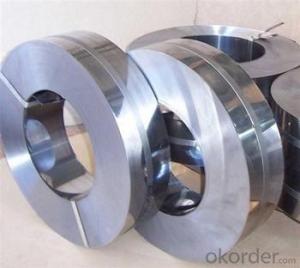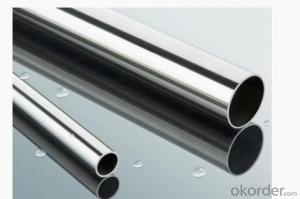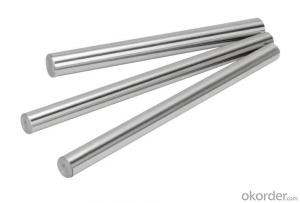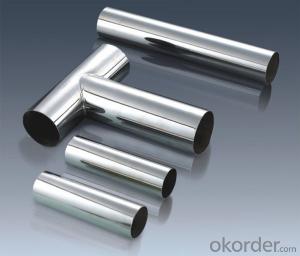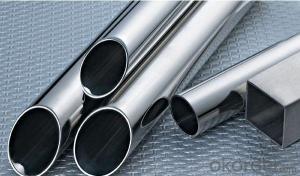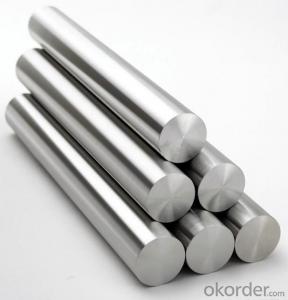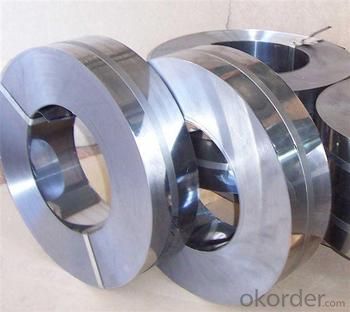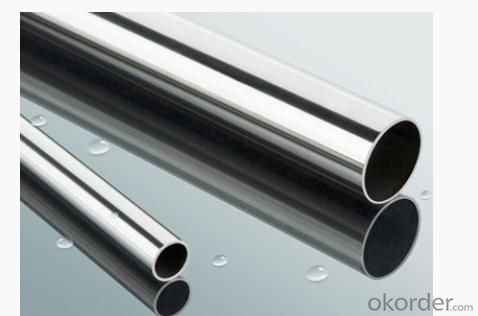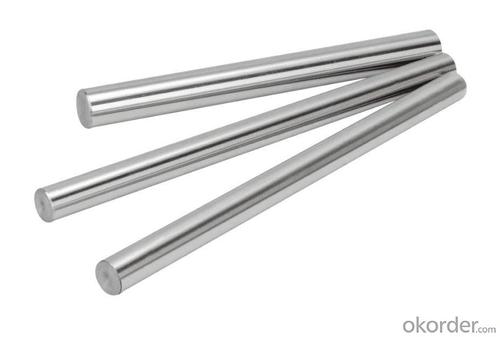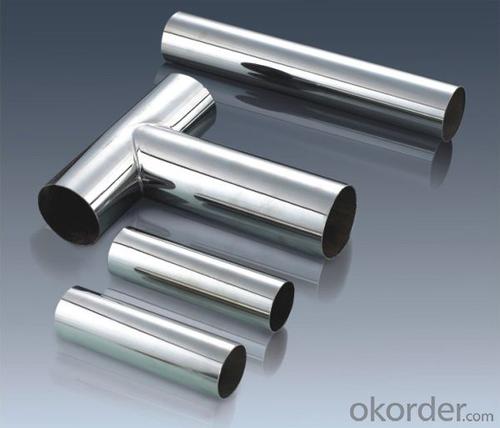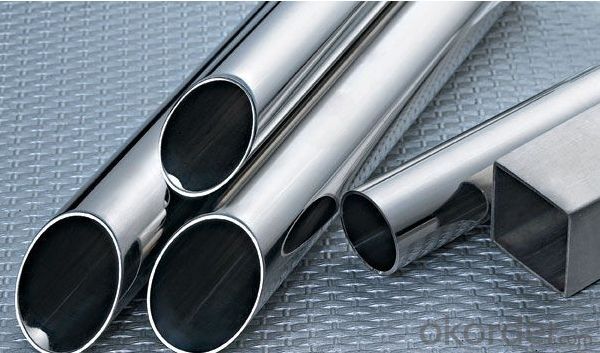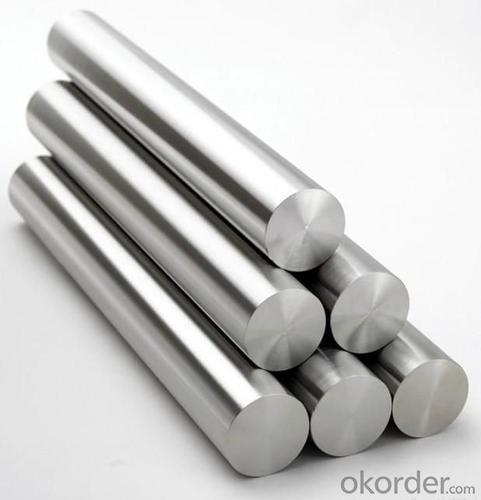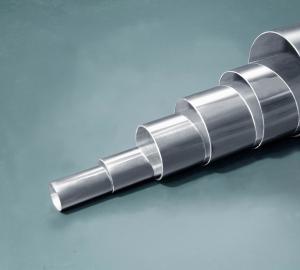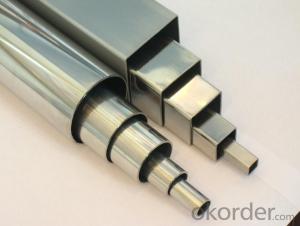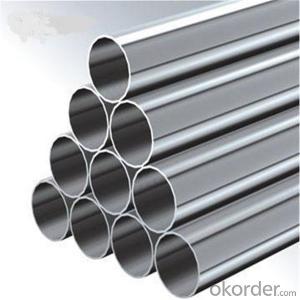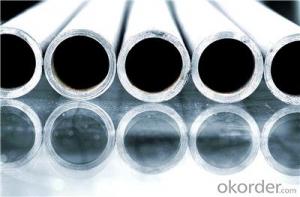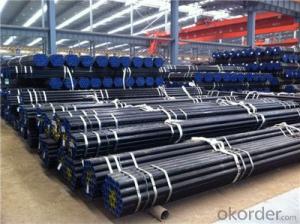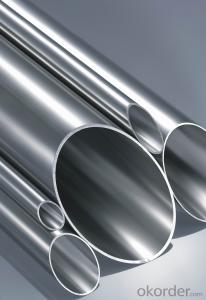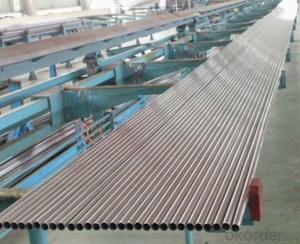Stainless Steel tube 304 raw material best quality
- Loading Port:
- Shanghai
- Payment Terms:
- TT OR LC
- Min Order Qty:
- 1000 m.t
- Supply Capability:
- 1000000 m.t/month
OKorder Service Pledge
OKorder Financial Service
You Might Also Like
Stainless steel 304
Product Information of stainless steel:
- Width: customized
- Surface: 2B/BA/6K/8K/NO.4/HL.
- Thickness: 0.3mm - 3.0mm.
- Delivery time: 15-25 days.
- Length : As customer's requirement.
- Package: With export standard packing or customize packing.
- Payment Terms: T/T (30% deposit pay in advance and the balance before shipment) , irrevocable L/C.
Company advantage:
-Top Equipments, Leading In The Industry.
- Professional Team, Leading Innovation.
- Huge Supply Capacity Advantage, Timely and Effective Delivery.
- Modern Logistic, Fact and Convenient.
- Precise Manufacturing, Exquisite Products.
- Serve People, Create Value.
- Dimensional Network, Powerful Expansion.

- Q: Are stainless steel pipes suitable for wastewater treatment plants?
- Indeed, wastewater treatment plants find stainless steel pipes to be quite suitable. The reason lies in the fact that stainless steel boasts remarkable resistance to corrosion, a quality of utmost importance in an environment where wastewater might house aggressive chemicals and substances. Not only can stainless steel pipes withstand the elevated temperatures and pressures commonly present in wastewater treatment plants, but they also prove to be a long-lasting and dependable option. Furthermore, the ease with which stainless steel pipes can be cleaned and maintained further diminishes the likelihood of contamination during the treatment process. Hence, the durability, corrosion resistance, and ease of maintenance that stainless steel pipes offer have made them a favored choice for wastewater treatment plants.
- Q: How can stainless steel and copper pipe be welded?
- Prepare a brass wire cleaning flux of base metal 3/4 stainless steel tube 5/8 copper rust (specific parent material specification is not clear to me) welding tools
- Q: Are stainless steel pipes suitable for food processing?
- Yes, stainless steel pipes are highly suitable for food processing. Stainless steel is widely used in the food industry due to its excellent properties and numerous advantages. Firstly, stainless steel pipes are resistant to corrosion, which is essential for food processing as it ensures that the pipes will not contaminate the food or alter its taste. This corrosion resistance is due to the high levels of chromium present in stainless steel, which forms a protective oxide layer on the surface that prevents rusting and corrosion. Secondly, stainless steel is hygienic and easy to clean, making it ideal for food processing. The smooth surface of stainless steel pipes minimizes the risk of bacterial growth and makes it easier to remove any potential contaminants. Additionally, stainless steel is non-porous, which means it does not absorb or retain odors, flavors, or colors from the food being processed. Furthermore, stainless steel pipes are durable and have a long lifespan, reducing maintenance and replacement costs. They can withstand high temperatures and pressures, making them suitable for various food processing applications, including cooking, boiling, and sterilization. Lastly, stainless steel is a sustainable and environmentally friendly choice. It is 100% recyclable, making it an eco-friendly option for food processing facilities. Overall, stainless steel pipes are highly suitable for food processing due to their corrosion resistance, hygienic properties, durability, and sustainability. They provide a reliable and safe solution for transporting food and maintaining the quality and integrity of the final products.
- Q: Can stainless steel pipes be used in drinking water systems?
- Yes, stainless steel pipes can be used in drinking water systems. Stainless steel is a highly durable and corrosion-resistant material that can withstand the harsh elements present in water systems. It does not leach any harmful substances into the water, making it a safe choice for drinking water applications. Additionally, stainless steel pipes are easy to clean and maintain, further ensuring the quality and safety of the drinking water.
- Q: What is the maximum length of a stainless steel pipe that can be manufactured?
- The maximum length of a stainless steel pipe that can be manufactured is typically determined by practical limitations such as transportation and handling capabilities. In general, stainless steel pipes can be manufactured in lengths ranging from a few feet to several hundred feet. However, the exact maximum length can vary depending on factors such as the diameter and thickness of the pipe, as well as the manufacturing capabilities of the specific company or facility. It is important to consult with the manufacturer or supplier to determine the maximum length available for a particular stainless steel pipe.
- Q: 304 stainless steel seamless tube weight how to calculate?
- 304 stainless steel is a common stainless steel material, the density of 7.93 g/cm3, the industry is also called 18/8 stainless steel. High temperature resistance of 800 degrees, with good processability, high toughness characteristics, widely used in industry and furniture decoration industry and food and medical industry.
- Q: Can stainless steel pipes handle high-velocity fluid flow?
- Yes, stainless steel pipes can handle high-velocity fluid flow. Stainless steel pipes are known for their excellent strength, durability, and resistance to corrosion. These properties make them suitable for handling high-velocity fluid flow, as they can withstand the pressure and turbulence generated by the fast-moving fluids. Additionally, stainless steel pipes have smooth inner surfaces, which minimize friction and help maintain the velocity of the fluid flow. Therefore, stainless steel pipes are commonly used in industries such as oil and gas, chemical processing, and power generation, where high-velocity fluid flow is often encountered.
- Q: What are the different grades of stainless steel used for pipes?
- There are several different grades of stainless steel that are commonly used for pipes, each with their own unique properties and characteristics. The most common grades include: 1. Grade 304: This is the most widely used stainless steel grade for pipes. It offers excellent corrosion resistance, high-temperature strength, and good formability. It is commonly used for both indoor and outdoor applications, such as water supply pipes, food processing equipment, and architectural structures. 2. Grade 316: This grade is similar to 304 but contains a higher content of molybdenum, which enhances its corrosion resistance, especially against chlorides and other corrosive chemicals. It is commonly used in marine environments, chemical processing plants, and medical equipment. 3. Grade 321: This grade contains titanium, which stabilizes it against sensitization during welding or high-temperature exposure. It offers excellent resistance to oxidation and can be used in applications where high temperatures are involved, such as exhaust systems and boilers. 4. Grade 409: This grade is commonly used for pipes in automotive exhaust systems due to its excellent heat resistance and durability. It is also resistant to corrosion from road salts and other harsh chemicals. 5. Grade 347: Similar to grade 321, this grade contains niobium, which provides additional stabilization against sensitization. It is commonly used in high-temperature applications where resistance to intergranular corrosion is required, such as in aircraft and jet engine components. These are just a few examples of the different grades of stainless steel used for pipes. The specific grade chosen for a particular application depends on factors such as the environment, temperature, corrosion resistance requirements, and mechanical properties needed.
- Q: Can stainless steel pipes be insulated with polyphthalamide?
- No, stainless steel pipes cannot be insulated with polyphthalamide.
- Q: Can stainless steel pipes be used for high-temperature applications?
- Indeed, high-temperature applications can employ stainless steel pipes. Renowned for its exceptional heat resistance properties, stainless steel proves suitable for diverse industries necessitating pipes that endure extreme temperatures. The elevated quantity of chromium in stainless steel facilitates the creation of a safeguarding layer of chromium oxide on the surface, thus averting oxidation and corrosion even under heightened temperatures. Furthermore, stainless steel pipes possess superior strength, commendable mechanical attributes, and resistance to thermal expansion and contraction, rendering them an excellent choice for high-temperature applications encompassing power generation, chemical processing, oil and gas, and numerous other sectors.
Send your message to us
Stainless Steel tube 304 raw material best quality
- Loading Port:
- Shanghai
- Payment Terms:
- TT OR LC
- Min Order Qty:
- 1000 m.t
- Supply Capability:
- 1000000 m.t/month
OKorder Service Pledge
OKorder Financial Service
Similar products
Hot products
Hot Searches
Related keywords
